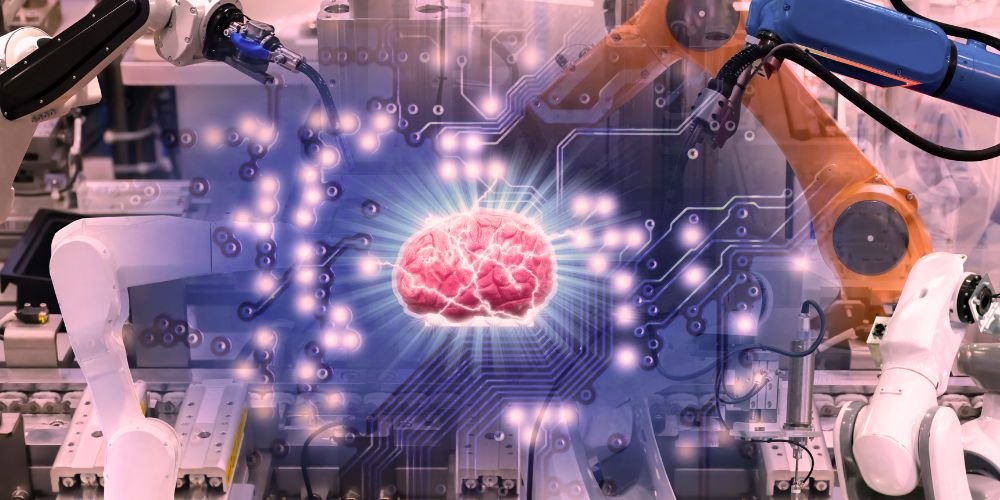Artificial Intelligence (AI) is revolutionizing manufacturing, driving innovation, efficiency, and competitiveness. From predictive maintenance and quality control to supply chain optimization and autonomous robotics, AI technologies are transforming every aspect of the manufacturing process. In this opinion piece, we will explore the significance of AI in manufacturing and its implications for productivity, sustainability, and future industry trends.
Enhancing Operational Efficiency
One of AI’s primary benefits in manufacturing is its ability to enhance operational efficiency across the production process. AI-powered predictive maintenance systems analyze real-time equipment data to detect anomalies, identify potential failures, and proactively schedule maintenance, minimizing downtime and maximizing productivity. Additionally, AI-driven production scheduling and optimization algorithms optimize resource allocation, minimize waste, and improve throughput, enabling manufacturers to achieve higher levels of efficiency and cost-effectiveness.
Improving Quality Control and Assurance
AI technologies are crucial in improving quality control and assurance in manufacturing processes. AI-powered computer vision systems inspect and analyze product components, surfaces, and dimensions with unprecedented accuracy, detecting defects, deviations, and irregularities that may affect product quality. By automating quality control processes and reducing human error, AI helps manufacturers ensure consistent product quality, meet regulatory standards, and enhance customer satisfaction.
Enabling Predictive Analytics and Maintenance
Predictive analytics and maintenance are key applications of AI in manufacturing, enabling manufacturers to anticipate equipment failures, optimize maintenance schedules, and reduce unplanned downtime. AI-driven predictive analytics algorithms analyze historical data, sensor readings, and machine learning models to forecast equipment failures and recommend preventive actions before they occur. Manufacturers can minimize maintenance costs, extend equipment lifecycles, and improve overall equipment effectiveness (OEE) by adopting predictive maintenance strategies.
Facilitating Supply Chain Optimization
AI technologies are vital in optimizing supply chain operations, enabling manufacturers to manage inventory, forecast demand, and optimize logistics more effectively. AI-driven supply chain optimization platforms analyze vast amounts of data from multiple sources, including sales data, market trends, and weather forecasts, to optimize inventory levels, reduce stockouts, and improve order fulfillment rates. Manufacturers can achieve greater agility, resilience, and responsiveness to changing market conditions by leveraging AI for supply chain optimization.
Driving Industry 4.0 and Smart Manufacturing
AI is a key enabler of Industry 4.0 and smart manufacturing initiatives, transforming traditional factories into intelligent, connected ecosystems. AI-powered robotics, automation, and IoT devices enable real-time data collection, analysis, and decision-making, enabling manufacturers to achieve greater flexibility, adaptability, and customization in their production processes. By embracing AI technologies, manufacturers can unlock new opportunities for innovation, growth, and competitiveness in the rapidly evolving global marketplace.
Conclusion
AI is revolutionizing the manufacturing sector, driving innovation, efficiency, and competitiveness across the production process. AI technologies are reshaping the future of manufacturing by enhancing operational efficiency, improving quality control and assurance, enabling predictive analytics and maintenance, facilitating supply chain optimization, and driving Industry 4.0 and smart manufacturing initiatives. As manufacturers continue to embrace AI-driven solutions, they will unlock new opportunities for growth, sustainability, and resilience in the dynamic and increasingly digitalized manufacturing landscape.







